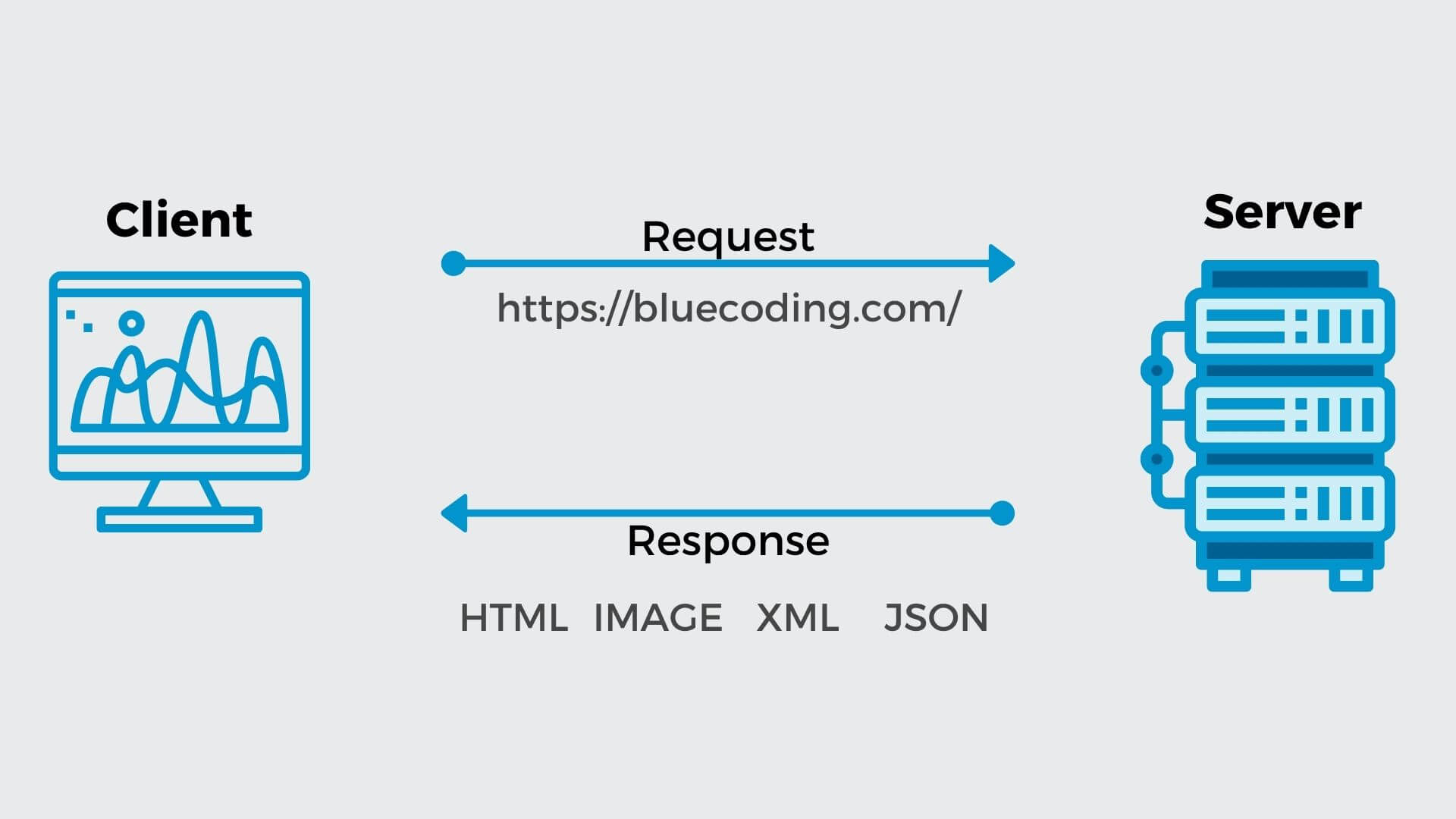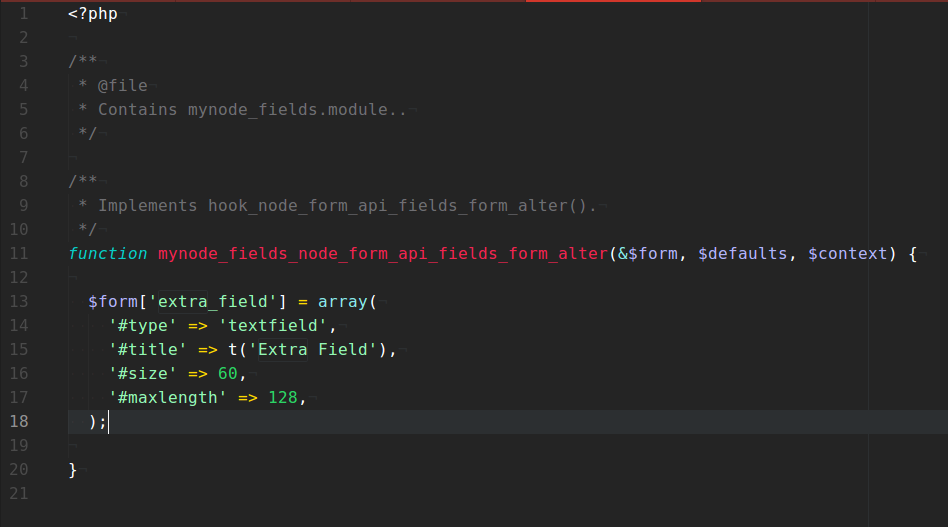

If no path segments are passed, path.resolve() will return the absolute path The resulting path is normalized and trailing slashes are removed unless the If, after processing all given path segments, an absolute path has not yetīeen generated, the current working directory is used. Subsequent path prepended until an absolute path is constructed.įor instance, given the sequence of path segments: /foo, /bar, baz,Ĭalling path.resolve('/foo', '/bar', 'baz') would return /bar/bazīecause 'baz' is not an absolute path but '/bar' + '/' + 'baz' is. The given sequence of paths is processed from right to left, with each The path.resolve() method resolves a sequence of paths or path segments into paths A sequence of paths or path segments

They are purely for formatting.) copyĪ TypeError is thrown if path is not a string. (All spaces in the "" line should be ignored.
pathObject.ext and pathObject.name are ignored if pathObject.base existsįor example, on POSIX: // If `dir`, `root` and `base` are provided, // `$ copy ┌─────────────────────┬────────────┐. pathObject.root is ignored if pathObject.dir is provided. When providing properties to the pathObject remember that there areĬombinations where one property has priority over another: The path.format() method returns a path string from an object. pathObject Any JavaScript object having the following properties:. The dot will be added if it is not specified in ext. ForĮxample, path.resolve('C:\\') can potentially return a different result than This behavior can be observed when using a drive path without a backslash. On Windows Node.js follows the concept of per-drive working directory. To achieve consistent results when working with POSIX file paths on any To achieve consistent results when working with Windows file paths on any So using path.basename() might yield different results on POSIX and Windows: Specifically, when running onĪ Windows operating system, the node:path module will assume that System on which a Node.js application is running. The default operation of the node:path module varies based on the operating 
It can be accessed using: const path = require( 'node:path') copy Windows vs. The node:path module provides utilities for working with file and directory







 0 kommentar(er)
0 kommentar(er)
